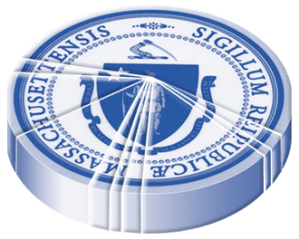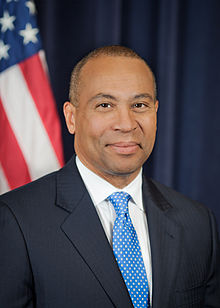
| Join us on Tuesday, December 10th at the Beechwood Hotel in Worcester, MA for our Annual Financial Management Conference. Take a deep dive into the current trends and issues happening in the Home Health industry as you prepare for 2020. This is the perfect conference for CFOs, CEOs, and Clinical Directors! The 2019 Agenda Includes: Hindsight is 2020: Hone into Home Health & Hospice Payment Compliance in the New Decade, Kathleen Hessler, Simione Healthcare Consultants The HHS Office of Inspector General (OIG) continues its intense oversight and scrutiny of the Medicare home health and hospice programs by analyzing the rich sources of data available to them. With increase in survey and audit activity —including Targeted Probe and Educate (TPE), UPIC and SMRC audits, learn what your agencies need to do to ensure payment compliance in the new decade. The session will cover types of government audits, recommendations for internal-self monitoring, as well as what to do if your agency identifies an overpayment. HHVBP Trends & Data, Chris Attaya, SHP Data As we close out year 2 of the Home Health Value-Based Purchasing Demonstration, Chris Attaya will take a deep dive and identify the latest updates and trends in HHVBP and Star Rating measure scores. Attaya will also discuss data points specific for Massachusetts state agencies. PDGM Check Point, Mike Carr, Axxess PDGM is almost here, now is the time to ensure you are ready for the changes. This session will review where you should be, and how to get there if you’re not. Carr will provide a high level overview of PDGM as well as understanding how past performance will be impacted by PDGM. Other elements to be discussed include technology challenges, therapy impact, and measures for survival. Making Home the Center of Care: Opportunities & Challenges of Public Priorities, Mike Canter, Carecentrix & Reactor Panel Recent public policy trends focus on cost containment, integrated care, and quality outcomes. Home care is in a unique position to thrive in this emerging environment. Is your agency poised to seize the opportunity? |


 Among those funds are increases of $9.8 million for the Enhanced Community Options Program (ECOP) and $7.5 million for the “basic” category of services.
Among those funds are increases of $9.8 million for the Enhanced Community Options Program (ECOP) and $7.5 million for the “basic” category of services.
